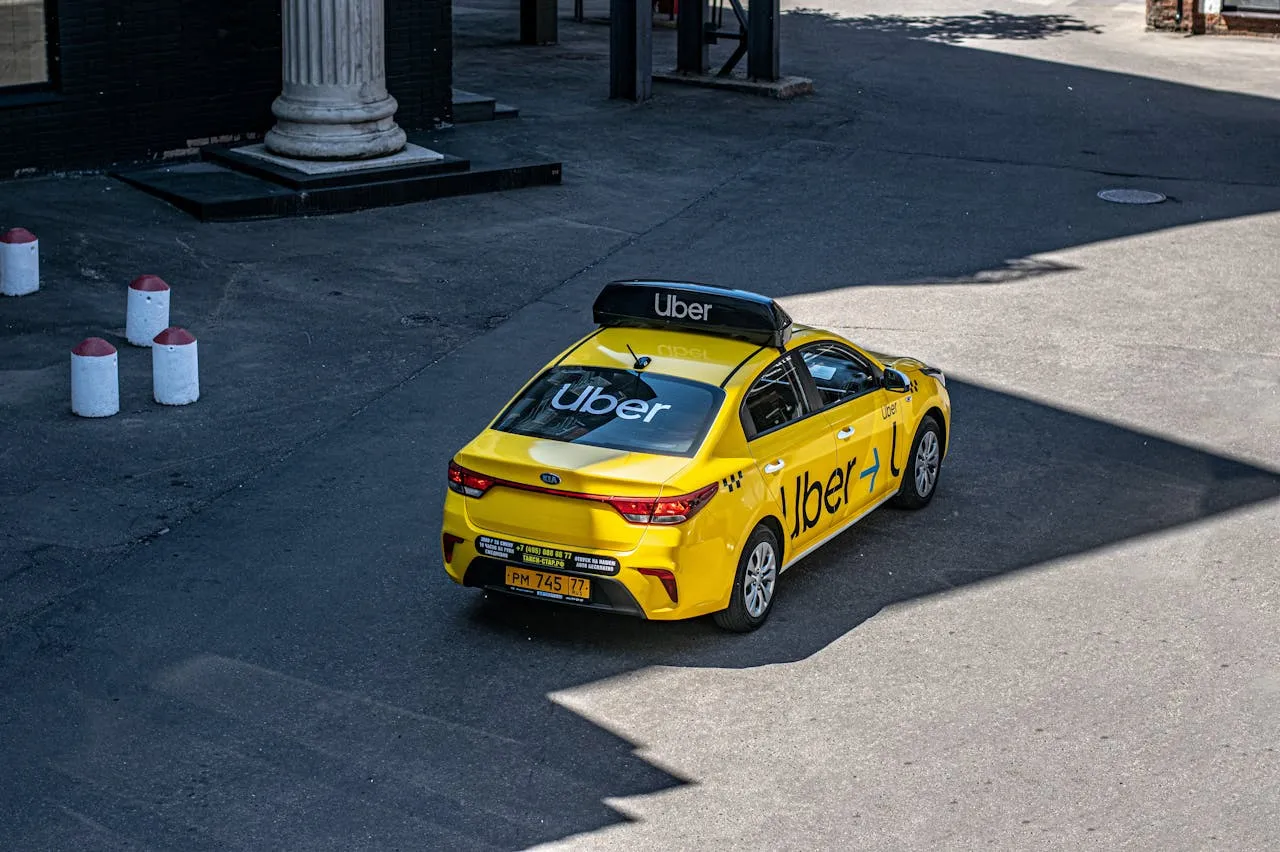
Wayve and Uber to Begin Public Trials of Level 4 Autonomous Vehicles in the UK, Marking Major Milestone in Scalable Urban Autonomy
Wayve and Uber Technologies, have announced a landmark collaboration to launch public-road trials of Level 4 (L4) autonomous vehicles in London. This initiative marks the first time such trials will be conducted at scale in the United Kingdom and signifies Uber’s most significant autonomous pilot announcement outside the United States to date. By combining Wayve’s advanced Embodied AI platform with Uber’s expansive global mobility network, the two companies aim to accelerate the commercial deployment of autonomous ride-hailing services in Europe.
UK Positioned as Global Hub for Autonomous Innovation
The launch of these trials has been catalyzed by the UK Secretary of State for Transport’s recent announcement of a fast-tracked framework for commercial self-driving pilots. This new regulatory path aims to establish the UK as a global leader in autonomous mobility and paves the way for public road trials beginning as early as 2026.
Wayve and Uber will work closely with the UK Government and Transport for London to secure the necessary permits and regulatory approvals. Their cooperation signals not just a technological advancement, but also a strong commitment to safety, governance, and transparency in the deployment of self-driving vehicles on public roads.
Why the UK? Complexity as a Catalyst for AI Evolution
Unlike the more grid-like road systems and driving conditions prevalent in U.S. cities where most Level 4 testing has traditionally occurred, UK cities like London present far more complex challenges for autonomous navigation. Narrow roads, unique traffic rules, unpredictable layouts, and a mix of old and new infrastructure make UK urban environments ideal proving grounds for adaptive, intelligent autonomous driving systems.
“The insights gained from operating in London and similar cities will be transformative,” said Alex Kendall, CEO and Co-founder of Wayve. “These urban landscapes provide the kind of complexity that forces autonomous systems to evolve quickly. It’s a defining moment for AI-driven autonomy in the UK.”
Industry Leaders Weigh In
Kendall emphasized that the deployment of Wayve’s AV2.0 architecture with Uber in London is a tangible step toward realizing the company’s vision of globally scalable autonomy. He stated:
“With Uber and a global OEM partner, we’re putting our AI Driver into real service on London streets. Our AV2.0 model learns like a human and adapts to new conditions without relying on HD maps or rigid code. This trial is key to delivering safe, intelligent driving at scale—not just in the UK, but worldwide.”
Andrew Macdonald, President and Chief Operating Officer at Uber, underscored the strategic importance of the partnership:
“This is an important step forward in Uber’s autonomy journey. We’re working with Wayve to bring the future of transportation to one of the most complex urban environments on Earth. Wayve’s AV2.0 technology aligns perfectly with our vision for safe, scalable, and dependable autonomous rides.”
Transport Secretary Heidi Alexander hailed the collaboration as a critical milestone for the country’s technology sector:
“This agreement is a clear vote of confidence in the UK’s leadership in autonomous innovation. Our plan to accelerate pilot programs by spring 2026 will help create 38,000 jobs and contribute an estimated £42 billion to our economy.”
AV2.0: A Paradigm Shift in Autonomy
Central to this announcement is Wayve’s AV2.0 technology—an AI-first approach to autonomy that breaks from the limitations of conventional self-driving systems. Traditional autonomous vehicles often depend on hand-crafted rules, high-definition maps, and strict geofencing to function safely. AV2.0, however, uses end-to-end machine learning to enable its Embodied AI to understand and respond to dynamic real-world environments in real time.
Rather than relying on memorized environments, the AV2.0 system learns from driving experiences—mirroring human cognition. This allows the same model to operate in vastly different conditions and geographies with minimal prior data.
Wayve’s recent “Global Roadshow” illustrated this capability: a single AI Driver successfully navigated 90 cities in 90 days across Europe, North America, and Japan. From the crowded streets of Tokyo to the open highways of Montana, the model operated autonomously with no need for reengineering or special configuration.
Kendall elaborated on the significance of this achievement:
“We drove in Milan, Tokyo, and Montana using the exact same AI model. That’s the real power of AV2.0. It’s a leap beyond the geofenced and over-mapped approaches of the past. This gives us the confidence to roll out autonomous services on the Uber platform, starting in London and expanding globally.”
Partnership Timeline and Future Outlook
The Uber-Wayve partnership was first announced in 2024 as a multi-year collaboration focused on integrating Wayve’s Embodied AI into Uber’s ride-hailing ecosystem. The initial phase involved simulation and vehicle-level integration. This next phase brings the collaboration to the streets, transitioning from lab-based research to operational deployment.
While specific details on the original equipment manufacturer (OEM) partner and trial commencement date have yet to be announced, both companies affirmed that these will be disclosed in the coming months. The vehicles used in the trials will incorporate Wayve’s AI stack and will be deployed under real-world conditions on the Uber platform in London.
The longer-term vision involves scaling this model beyond the UK to other key urban centers in Europe and eventually across Uber’s global footprint. The collaboration is grounded in a shared commitment to safety, efficiency, and innovation, with the goal of making autonomous ride-hailing a practical reality for millions of urban dwellers.
Reinforcing UK’s Role in Next-Generation Mobility
This announcement underscores the UK’s strategic role in the global race to commercialize autonomous driving. With government backing, a progressive regulatory stance, and partnerships between top-tier tech and mobility firms, the country is well-positioned to become a leader in next-generation transport solutions.
The pilot program will also serve as a critical learning opportunity for regulators, technology providers, and citizens alike. Lessons from these trials will inform future autonomous mobility policies and help ensure that the deployment of self-driving vehicles aligns with broader societal goals—including sustainability, safety, accessibility, and efficiency.







